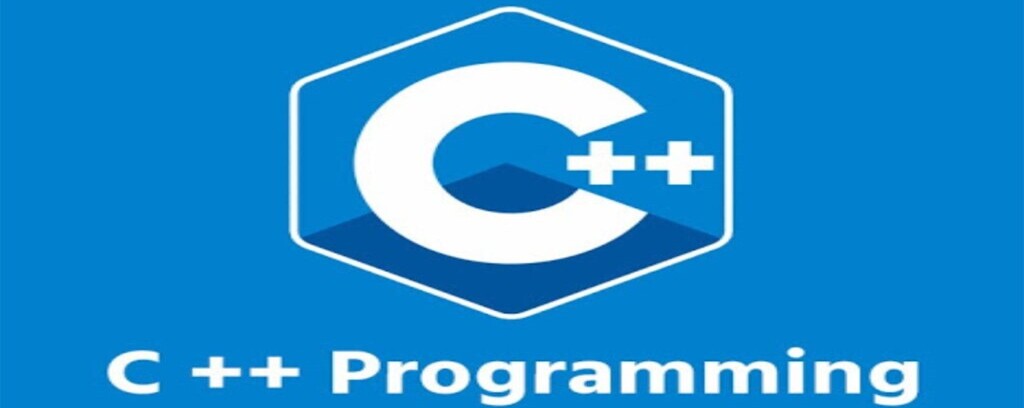Benefits of C++ Training
C++ training offers numerous benefits to individuals looking to enhance their programming
skills. Firstly, it provides a comprehensive understanding of the C++ language,
including its syntax, features, and best practices. This knowledge helps individuals in
writing efficient and reliable code, ensuring high performance and optimized memory
usage.
Secondly, C++ training equips individuals with hands-on experience in building
real-world applications using C++ programming. This practical experience helps
individuals in gaining confidence in developing complex C++ applications, understanding
the nuances of memory management, and writing efficient algorithms.
Furthermore, C++ training provides individuals with valuable skills in object-oriented
programming, which is a fundamental paradigm used in modern software development. This
includes concepts such as classes, objects, inheritance, polymorphism, and
encapsulation, which are crucial for building scalable and modular software
applications.


